Build Me a House
Scripture Reading
“Our ancestors had the tent of testimony in the wilderness, as God directed when he spoke to Moses, ordering him to make it according to the pattern he had seen. Our ancestors in turn brought it in with Joshua when they dispossessed the nations that God drove out before our ancestors. And it was there until the time of David, who found favor with God and asked that he might find a dwelling place for the house of Jacob. But it was Solomon who built a house for him. Yet the Most High does not dwell in houses made with human hands; as the prophet says,
‘Heaven is my throne,
and the earth is my footstool.
What kind of house will you build for me, says the Lord,
or what is the place of my rest?
Did not my hand make all these things?’– Acts 7:44-50, NRSV
Reflection
The book of Acts tells us the story of the Church in its infancy. Have you ever watched a video of a baby giraffe first learning to walk? (Google it—it’s adorable.) The infant giraffe, closely monitored by his mother and the rest of its herd, tries to stand up on his shaky, untested, gangly legs and inevitably tumbles back to the ground. Over and over again he falls to the ground. Finally, brain and limbs click together and the giraffe hoists himself to his feet and takes his first steps. The young one still has so much growing yet to do, but this first, essential part of living in the wild has been accomplished.
I like to imagine the infant Church testing its legs in Acts in much the same way. The church had plenty of models of what the life of faith could and should look like, but it was on its own to figure out how to be and move in the world.
The Apostles had their hands pretty full with the ever-expanding early Church. They realized their need for help and designated 7 deacons—giving them the task of distributing charitable giving to those in need within the Christ-following community. Stephen was one of these 7. Apparently, Stephen was ruffling feathers because he was accused of blasphemy by Jewish leaders. Our Scripture from Acts is an excerpt of the speech Stephen gave before the Sanhedrin as he stood accused of a capital crime. The leaders (including Saul) answered his mighty sermon with a death sentence.
What was so blasphemous? What was controversial enough to warrant the extinction of a voice and a life? Stephen’s entire sermon supported the central idea that God does not and cannot be contained in a man-made space. God does not, and never has, dwelt in a temple or synagogue.
God does not, and never has, dwelt in a church. From the time frame of Acts 7 until now, the Church has done quite a bit of growing. It has shifted and reformed and deformed and expanded and corrected over and over again. Yet Stephen’s bold proclamation all those centuries ago—when the Church was a wobbly-kneed infant—is no less true.
This truth is also no less controversial. During these trying last few months, we have all had to ask ourselves, “If God is not in our church, then where is God? If being a Christ-follower doesn’t look like attendance at a certain space at a certain time with a certain people, then what does it look like to be a Christ-follower?” Surely, we all know that God is not physically contained inside our church. Yet even though our head knows that truth, how come we desperately want to get back to our building so that we can experience God?
So many of us have indeed experienced our God within our man-made walls! There are good and right reasons to yearn to be back—not just into a space, but into the presence of our God.
I am challenged by Stephen’s words (quoting the prophet Isaiah), “‘Heaven is my throne, and the earth is my footstool. What kind of house will you build for me,’ says the Lord, ‘or what is the place of my rest? Did not my hand make all these things?’” We may not be in our man-made walls, but the whole earth is God’s footstool. Do we truly see God’s world outside our front doors that way? Do we see all of Creation as God’s dwelling place that God Himself built? And if we did, what would the life of faith look like?
In so many ways, we are a church in its infancy again. Recent events have forced us all to shift and change to be the church in new and different ways. We are wobbly-kneed and apt to take tumbles and missteps as we discover how to connect our brains and limbs so that we can move forward in the world. “What kind of house will you build for me?,” says the Lord. Now that we know God cannot and will not be limited to a man-made space, what sort of Church will we build now?
Shelley Woodruff, Pastor for Community Engagement, First Baptist Church of Decatur

